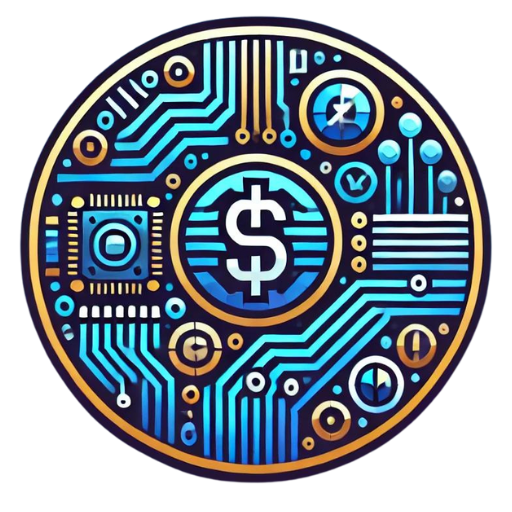Who Guards AI Ethics? Navigating the Complex Landscape of AI Governance
As artificial intelligence (AI) continues to advance, the question of who is responsible for ensuring its ethical development and use becomes increasingly important. This issue, highlighted in recent discussions by experts and publications, focuses on the roles of developers, companies, governments, and regulatory bodies in maintaining ethical standards in AI technology.
The Growing Importance of AI Ethics
AI is becoming an integral part of everyday life, from personalized recommendations on streaming services to autonomous vehicles and even in healthcare diagnostics. However, with this growth comes the risk of misuse, bias, and ethical dilemmas. For instance, biased algorithms can lead to unfair outcomes, while lack of transparency in decision-making processes can erode public trust. The challenge lies in creating systems that are not only effective but also fair and accountable.

Key Players in AI Governance
Developers and Companies: Developers and companies are at the forefront of creating AI systems and are primarily responsible for embedding ethical considerations into their products. This includes ensuring fairness, transparency, and accountability in AI algorithms. Companies like Microsoft and Google have established AI ethics boards to oversee these aspects, setting a precedent for industry standards.
Governments and Regulatory Bodies: Governments play a crucial role in establishing regulations that ensure the safe and ethical deployment of AI technologies. For example, the European Union has proposed the Artificial Intelligence Act, which aims to regulate AI systems based on their potential risk to individuals and society. Similarly, in the United States, the National Institute of Standards and Technology (NIST) is working on frameworks to guide the ethical use of AI.
Academic and Non-Profit Organizations: Institutions like the Partnership on AI and AI Now Institute focus on research and advocacy to promote responsible AI. These organizations often collaborate with governments and private companies to develop ethical guidelines and conduct research on the societal impact of AI technologies.
The Challenges of Ensuring AI Ethics
Ensuring ethical AI is a complex task due to several factors:
- Bias and Fairness: One of the biggest challenges in AI is mitigating bias. Bias can enter AI systems through biased training data or flawed algorithms, leading to unfair outcomes. Companies need to implement robust testing and validation processes to identify and mitigate these biases.
- Transparency and Accountability: AI systems often operate as "black boxes," making it difficult to understand how they arrive at certain decisions. This lack of transparency can be problematic, especially in critical areas like healthcare or criminal justice. Ensuring that AI systems are explainable and accountable is crucial for gaining public trust.
- Global Standards and Regulation: The global nature of AI development complicates the establishment of universal ethical standards. While some regions are more proactive in regulating AI, others may lack comprehensive frameworks, leading to inconsistent practices worldwide.
Moving Forward: A Collaborative Effort
Addressing the ethical challenges of AI requires a collaborative approach. It involves not only the creators of AI technologies but also policymakers, researchers, and civil society. Establishing clear guidelines and frameworks, promoting transparency, and fostering public dialogue are essential steps toward ensuring that AI benefits society as a whole.
Conclusion
The question of who guards AI ethics is multifaceted, involving a range of stakeholders. As AI continues to evolve, it is crucial to establish robust governance structures that prioritize ethical considerations. By doing so, we can harness the benefits of AI while minimizing risks and ensuring that these technologies serve humanity positively.
